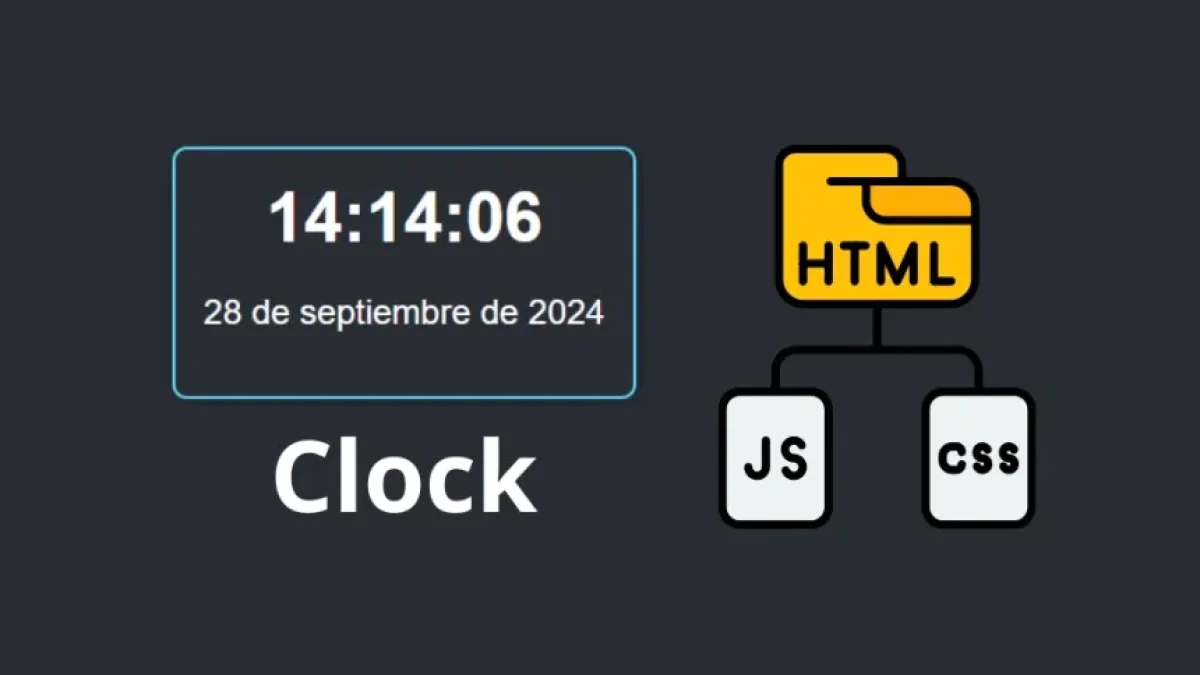Young people and their problems with basic PC skills.


In an increasingly digital world, it is surprising that many young people lack the essential skills to use a computer. Despite growing up in a technological era, a recent study reveals that these young individuals face serious difficulties with basic tasks, such as copying and pasting, or even opening a Word document. Below, we explore this troubling issue.
Difficulties in Using a PC
According to the study, a large majority of young people are unable to perform basic functions on a computer, raising concerns among educators and parents. This lack of skills is not confined to advanced tasks but extends to what many would consider basic abilities. For example, the simple act of copying text and pasting it elsewhere is a challenge for these young individuals.
A Surprising Educational Gap
Even though today’s children are exposed to technology from a young age, there is an alarming gap in formal education related to the handling of computer tools. Computer classes have significantly decreased in many educational institutions, limiting opportunities for students to acquire these essential skills. This scenario poses serious implications for the job readiness of future generations.
Read also
The Generational Gap in Technology Proficiency
While young people are often considered digital natives, their ability to handle a computer does not always match their familiarity with mobile devices. Tablets and smartphones may have facilitated access to information, but they have not developed the necessary competencies for tasks that require a computer. This phenomenon creates a notable generational gap, where adults, who grew up with desktop computers and laptops, possess skills that are becoming increasingly scarce among today’s youth.
Impact on the Workplace
The fact that young people lack basic PC skills can have significant repercussions on their professional lives. For many employers, a lack of proficiency in computer tools can be a decisive factor when hiring. Job market conditions require candidates not only to have academic knowledge but also practical skills in using common software, such as word processors and spreadsheets.
The study highlights that computer skills are increasingly essential, not only for specialized technology jobs but also for a wide range of positions across various sectors. This deficiency can limit job opportunities for young people and impact their professional development.
Read also
The Need for More Comprehensive Education
In light of this situation, it is urgent that educational measures be implemented to address the shortcomings in computer skills. Educational institutions must value the inclusion of a curriculum that encompasses the teaching of basic computer tools. Training opportunities should be accessible, and it is vital for both parents and educators to work together to ensure that new generations acquire this critical training.
Conclusion
The lack of basic computer skills among young people is a problem that deserves attention. It not only affects their daily lives but can also have a lasting impact on their professional futures. As technology continues to advance, it is crucial to invest in digital skills education, ensuring that all ages are equipped to face the challenges of the 21st century.
I invite you to continue reading more news of this nature on my blog, where we discuss relevant topics in current affairs and education. Don't miss it!



















